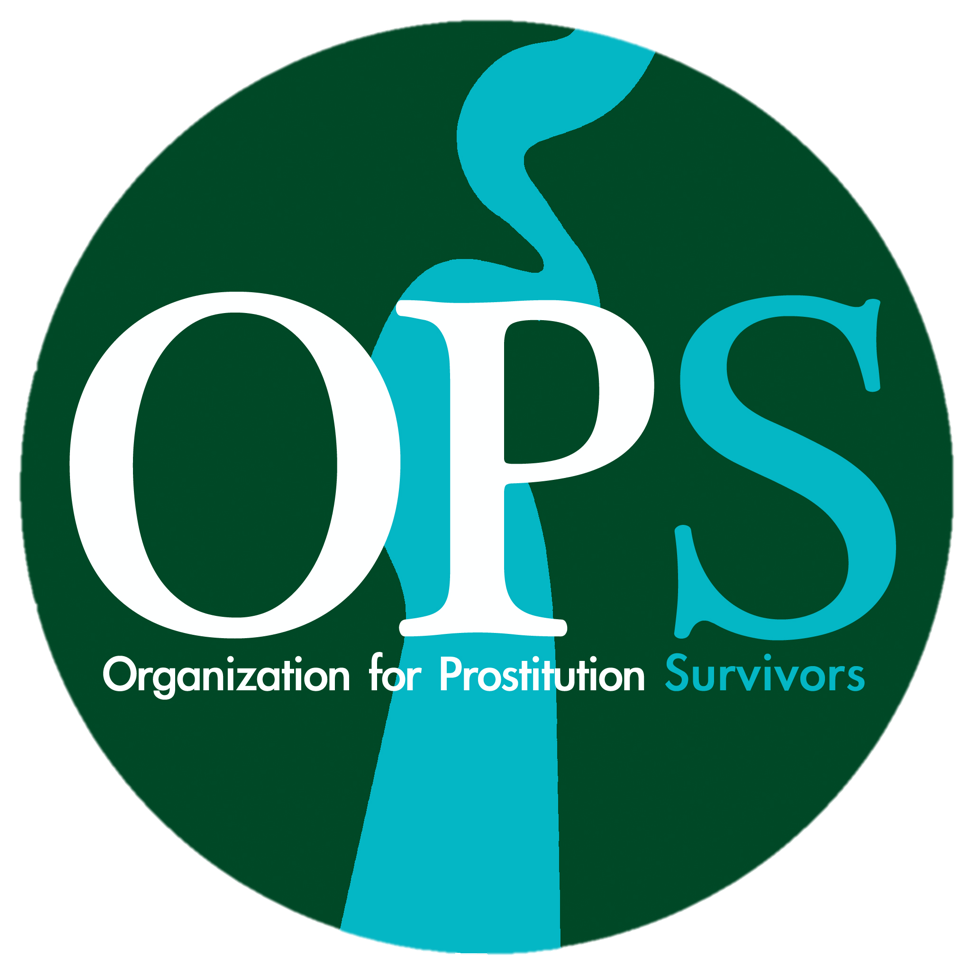Why We Move Beyond the Word "Rescue" in Understanding Sex Trafficking and CSE
At the Organization for Prostitution Survivors, our communication is as intentional as our support. One concept we critically unpack is the notion of “rescue” often associated with the experiences of those surviving sex trafficking and commercial sexual exploitation (CSE). The imagery of a dramatic rescue, where survivors are swiftly lifted from their situations of exploitation, is pervasive. Yet, this depiction simplifies an incredibly complex reality and doesn't honor the fullness of survivors' experiences.
Understanding the Complexity
The journey of each survivor is unique. The psychological, emotional, and social dynamics involved in trafficking and CSE are intricate. Many survivors experience what is known as trauma bonding—strong emotional attachments formed to a trafficker, often as a survival strategy in navigating daily horrors. This can mean that the reaction of a survivor to interventions may not be what others expect, which includes the possibility of returning to their exploiter.
The Limitations of "Rescue"
Labeling these interventions as "rescue" operations can create harmful misconceptions. It can skew the public’s understanding of both the nature of traffickers, who often wield control through psychological manipulation rather than physical chains alone, and the response of survivors. Such misconceptions can hinder appropriate identification of survivors and may impair legal proceedings against traffickers, as juries might expect a stereotype—such as a survivor visibly restrained—rather than understanding the nuanced realities of repeated departures and returns.
Beyond Simplification to Empowerment
The narrative of simply "saving" someone does not encompass the requisite comprehensive, survivor-centered, and trauma-informed approach needed. Advocating for "rescue" overlooks the profound expertise required in supporting individuals as they navigate the path to reclaiming their lives. It doesn't account for the essential ongoing support systems, the need for empowerment and agency restoring activities, and the comprehensive care mechanisms that honor their journey.
Evolving Our Language
To foster a more accurate understanding and support system, we propose shifting from the term "rescue" to "support" and "assistance." This emphasizes the active role of survivors in their path to recovery and highlights the structured, informed support systems they need.
Survivors of trafficking and CSE don’t need to be saved; they deserve empowering support as they work towards exiting these oppressive situations. This involves accessing a spectrum of services—legal, medical, psychological, educational—which support their healing and rebuilding, at their pace and according to their individual choices.
Our Commitment
At the Organization for Prostitution Survivors, we are committed to respecting and upholding the dignity, strength, and agency of survivors. Our language is a reflection of our unwavering support and belief in the resilience and potential of every individual we serve. Through education, advocacy, and direct services, we remain dedicated to dismantling the systems of oppression and supporting survivors in a journey that respects their voice and choice at every step.
In changing our language, we change the conversation. And in changing the conversation, we hope to more effectively contribute to a world where every individual's rights and humanity are respected and upheld. Let us continue this crucial conversation, embracing terms that empower and define the path forward with hope and resilience.

